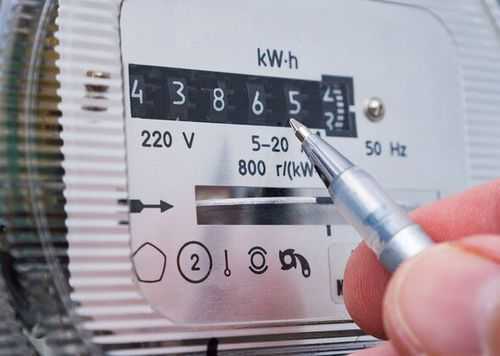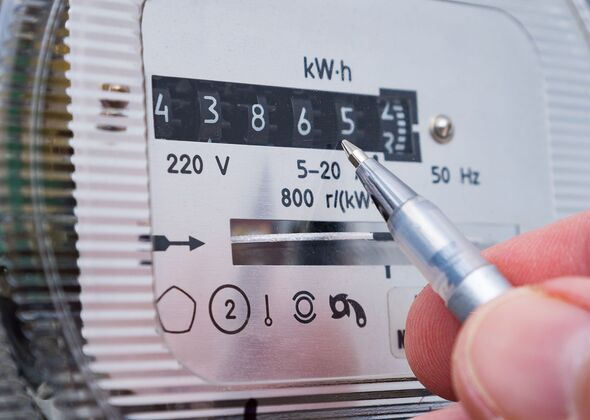

Millions of households have just three days to submit a meter reading to avoid collectively overpaying by £66million on their , according to , the comparison and switching service.
The warning applies to the nine million households on standard variable tariffs (SVTs) without .
These households must submit their readings before the higher price cap takes effect on January 1, ensuring they aren't charged under the more expensive January rates for energy used in December.
The average household on an SVT with typical usage is set to spend £135 on energy in December, compared with £165 in January. This rise is due to increased rates and higher consumption at the start of the year.
Uswitch says the difference between one week of energy usage in December versus January rates is £6.67 for the average household. If all nine million households on SVTs fail to submit readings, this could result in a collective overpayment of £66 million.

Despite the urgency, some households may face difficulties. Uswitch found that 14% of households that haven't submitted a reading recently don't know how to read their meter, and 12% are unsure where their meter is located.
Elise Melville, energy expert at , said: "Submitting a meter reading may not be top of households' to-do list this Christmas, but it's worth doing to avoid the risk of paying more for their energy in the New Year.
"Customers who don't have a smart meter should aim to submit their readings before or on Wednesday, 1 January, so their supplier has an updated - and accurate - view of their account.
"If you leave it any later than this, then some of your December energy usage could end up being estimated and therefore charged under the higher January rates."
Price cap and fixed tariffs industry analyst Cornwall Insight predicts that the price cap could rise again in April 2025 to £1,762, following a 1% rise in January and a 10% hike in October.
Ms Melville highlighted that fixed tariffs could help households lock in rates and avoid further increases. She said: "Now is also an ideal time to look at switching to a new energy tariff, as there are a range of fixed deals currently available that are cheaper than the January price cap.
"By opting for a fixed deal, you're locking in those rates for the duration - which means households could have price certainty and avoid the ups and downs of the price cap. Make sure you are happy with how long the contract lasts and any exit fees for leaving early.
"You can check your options by running a comparison at , where you'll be able to see available tariffs with personalised costs based on your household consumption."